
Radar | Mar 16,2024
Pharmaceutical manufacturers have recently gained significant relief from their foreign exchange woes. A letter dispatched three months ago by Eyob Tekalign (PhD), state minister for Finance, outlines a scheme designed to meet nearly half of the manufacturers' international suppliers' requests for settlement.
This measure eases the process for manufacturers to propose up to 55pc of their cost in foreign currency when they enter an agreement to import raw materials and supply the state-owned Service. It is an attempt to ease the operational difficulties they face due to the foreign currency crunch, which has recently severely impacted their production schedules and the broader health sector.
The scheme requires an effort from a network of interested parties, including the Ministry of Health, the National Bank of Ethiopia (NBE), the Ethiopian Pharmaceutical Supply Service (EPSS), the Pharmaceutical Manufacturers Association, and the Public Procurement & Property Authority. While the responsibility of approving proposed agreements lies with the central bank's regulators, ensuring that direct transfer payments reach international suppliers is entrusted to the Ministry of Health.
Gebeyaw Yitayew, head of the procurement directorate at the Authority, told Fortune they have the mandate to adjust the bids floated by the Pharmaceutical Supply Service.
The scheme emerges against a backdrop of persistent complaints from manufacturers about the scarcity of foreign currency allocations. Late last year, the Suply Service expressed concerns to the Ministry of Finance, outlining that despite paying equivalent amounts to banks after initiating letters of credit, delays in foreign exchange availability have been disrupting their delivery timelines.
These operational hitches have been detrimental to the manufacturers' market share, which has dwindled from 28pc four years ago to a mere eight per cent last year. According to leaders of the Association, when working at full capacity, these manufacturers can meet 40pc of the demand by the state-owned Pharmaceutical Supply Service. However, to achieve such an output, they would need an estimated 240 million dollars for importing materials annually.
Daniel Waktole, the president of the Association, which comprises 23 members employing over 7,000 people, commends the State Minister's gesture.
"It`s a big move," Daniel told Fortune.
Domestic pharmaceutical manufacturing dates back to 1964, when it began as a joint venture between the government and the British-based Smith & Nephew Associate Plc. However, the industry has faced numerous challenges over the years, with the shortage of foreign currency being the most conspicuous, driving several companies out of the market.
These include the Chinese-owned Sansheng Pharmaceutical Plc, which has halted operations or intermittently operated below capacity.
"We had temporarily ceased operations for six months at some point," said the company's representative.
With an initial investment of 85 million dollars, Sansheng Pharmaceutical Plc, established in 2018, has a manufacturing plant spread over 167,000sqm plot in the Eastern Industrial Park, near Dukem town in the Oromia Regional State. At full capacity, the company could produce five billion capsules and tablets annually.
Domestic manufacturers also claim that insufficient and relative delays in foreign currency allocation are significant barriers to production compared to pharmaceutical importers. Despite prioritising pharmaceutical importers during forex allocation, the waiting list at commercial banks remains long.
The executives of the EPSS have conducted a study to assess how the foreign currency shortage has curtailed the manufacturers' ability to participate in tenders it issued this year.
Solomon Nigussie, deputy head of EPSS, disclosed that shifting production to local manufacturers could address the supply and production issues.
"It needs less forex allocation," said Solomon.
The EPSS, which since 1947 has been distributing drugs and medical equipment to 5,000 health institutions across Ethiopia via its 19 outlets, commended the government's move. In the past year, it distributed 51 billion Br worth of medical and pharmaceutical supplies sourced from donations and procurement.
Despite the federal government's proactive steps to address the foreign currency shortage, experts argue that there is a considerable distance to cover before achieving self-sufficiency and substituting imports. Although the new scheme marks a significant step forward, there is a consensus that more action is needed to boost the capabilities of Ethiopian pharmaceutical manufacturers.
Tesfa Marew, a lecturer at the School of Pharmacy at Addis Abeba University, argued that while addressing the foreign currency shortage should be a priority, manufacturers are also grappling with infrastructural and institutional issues that restrain them from exploiting their full potential. These include issues with in-house maintenance capabilities and human resource development.
"It's a long journey to the import substitution policy," he told Fortune.
PUBLISHED ON
Jul 22,2023 [ VOL
24 , NO
1212]

Radar | Mar 16,2024
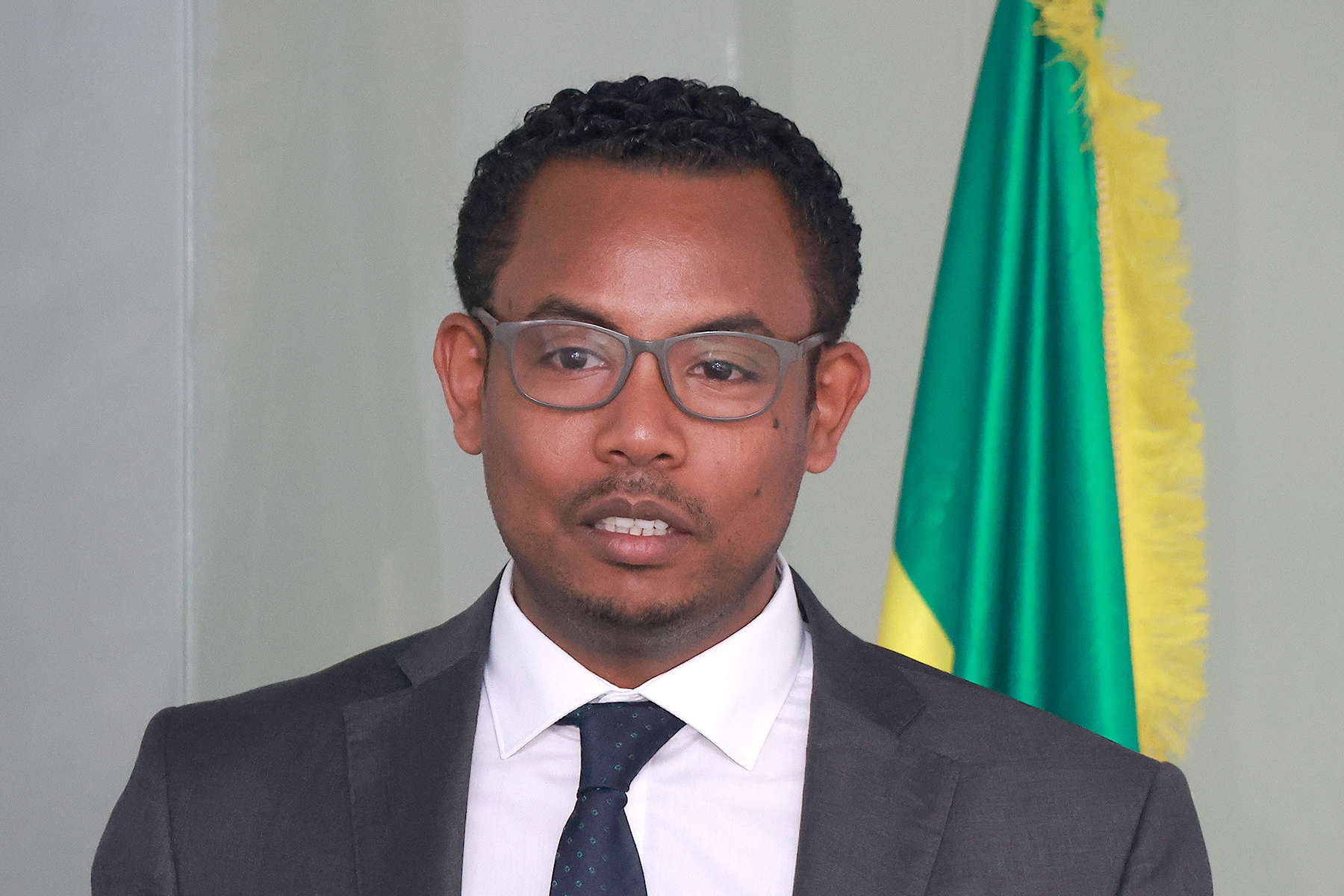
Radar | Apr 08,2024
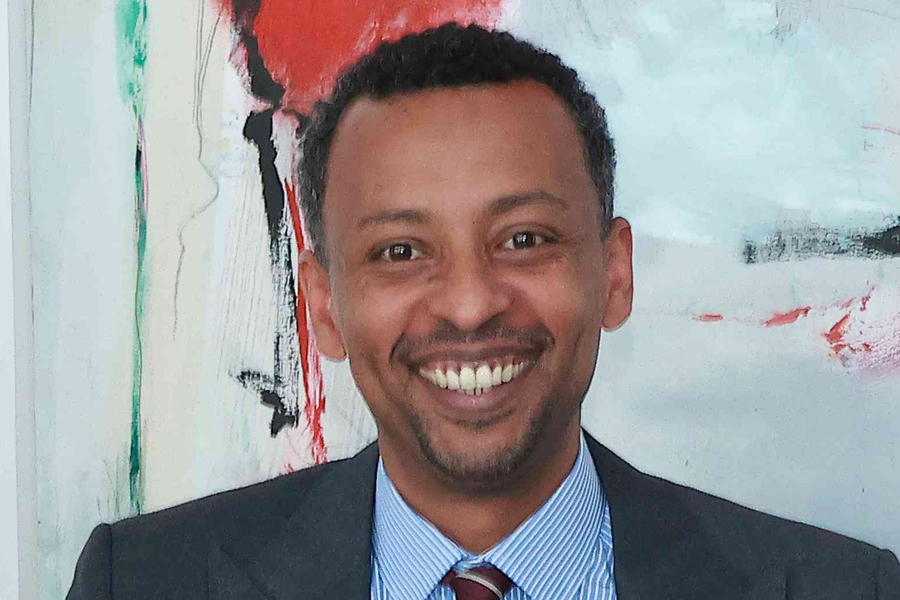
Fortune News | Jul 21,2024

Radar | May 27,2023
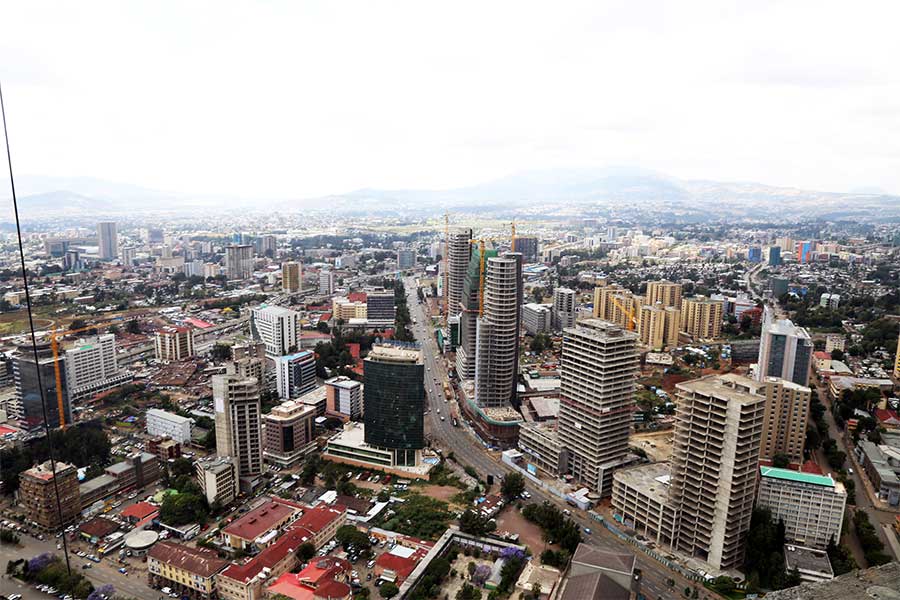
Featured | Jan 11,2020

Radar | Jun 29,2025
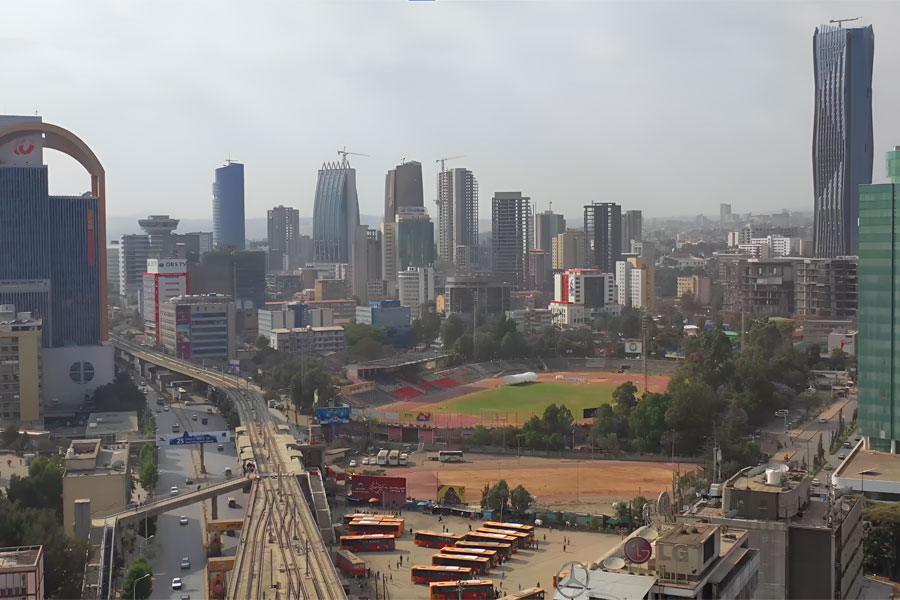
Agenda | Nov 27,2022
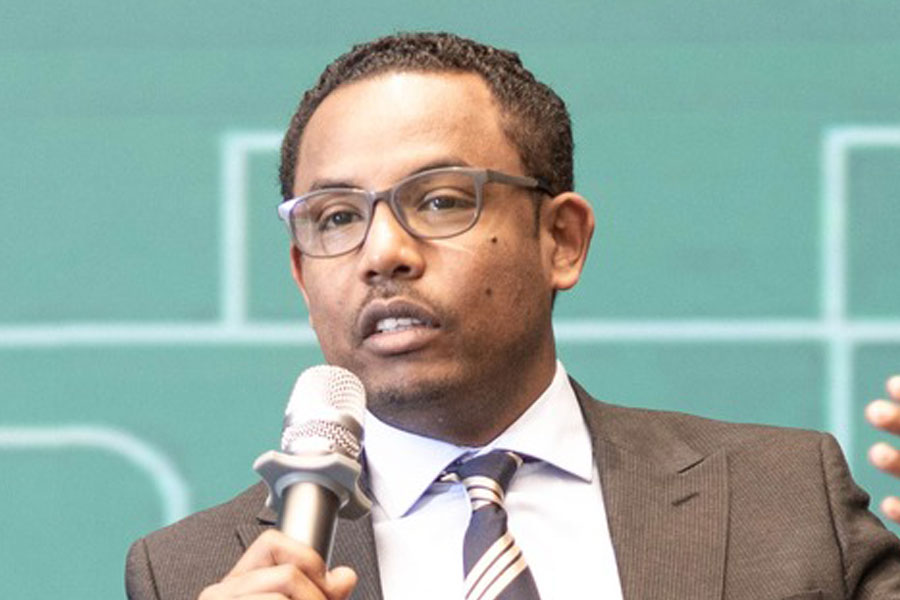
Fortune News | Dec 08,2024
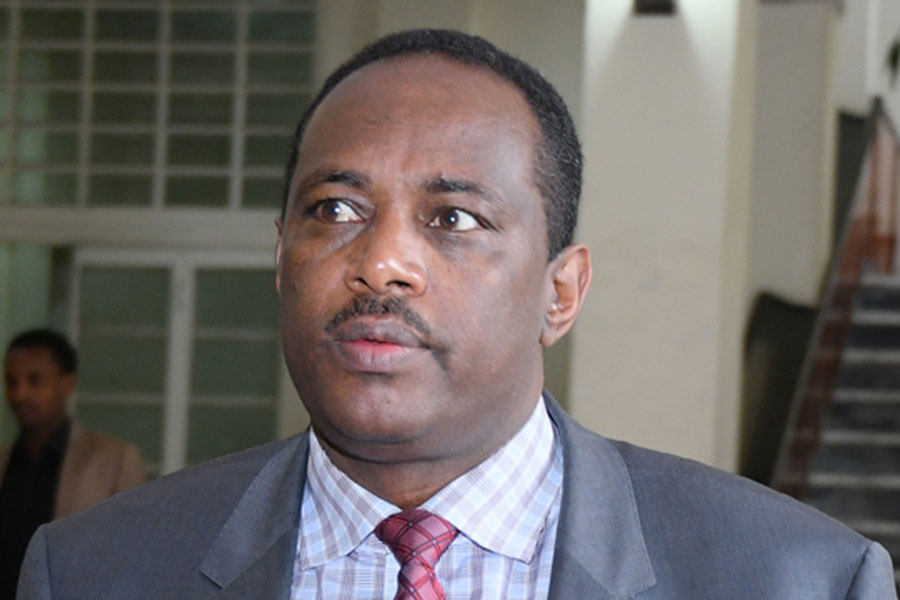
Fortune News | Jun 15,2024

Radar | Oct 07,2023

Dec 22 , 2024 . By TIZITA SHEWAFERAW
Charged with transforming colossal state-owned enterprises into modern and competitiv...

Aug 18 , 2024 . By AKSAH ITALO
Although predictable Yonas Zerihun's job in the ride-hailing service is not immune to...

Jul 28 , 2024 . By TIZITA SHEWAFERAW
Unhabitual, perhaps too many, Samuel Gebreyohannes, 38, used to occasionally enjoy a couple of beers at breakfast. However, he recently swit...

Jul 13 , 2024 . By AKSAH ITALO
Investors who rely on tractors, trucks, and field vehicles for commuting, transporting commodities, and f...

Jul 5 , 2025
Six years ago, Ethiopia was the darling of international liberal commentators. A year...

Jun 28 , 2025
Meseret Damtie, the assertive auditor general, has never been shy about naming names...

Jun 21 , 2025
A well-worn adage says, “Budget is not destiny, but it is direction.” Examining t...

Jun 14 , 2025
Yet again, the Horn of Africa is bracing for trouble. A region already frayed by wars...